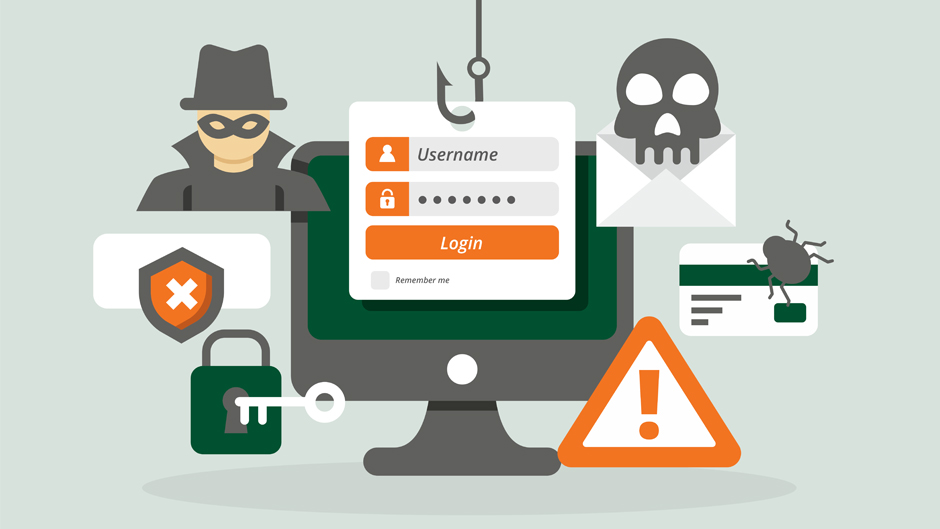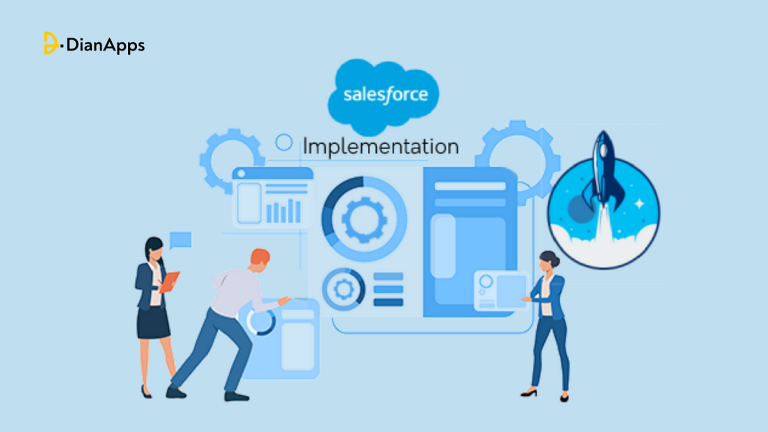Facebook Log In: A Secure Log In Guide 2024
Facebook is one of the most popular social media platforms in the world, connecting billions of users. With so much personal information shared on Facebook, it’s important to ensure that your account is secure. In this guide, we’ll discuss the best practices for a secure Facebook Log In to Facebook.It is important to keep your account secure, starting with the way you log in:
- Use Official Channels: When logging into Facebook, ensure you are on the official website or app. Secure your connection by checking that the URL starts with “https://” and look for the padlock icon in the address bar.
- Strong and Unique Password: Your Facebook password should be robust, incorporating a mix of letters (upper and lower case), numbers, and symbols. Avoid common phrases or easy-to-guess patterns. Use a unique password for Facebook that you don’t use anywhere else.
- Two-Factor Authentication (2FA): To add an extra layer of security, enable two-factor authentication for Facebook Log In. This feature requires a verification code in addition to your password.
- Caution with 3rd-Party Services: Only log into Facebook through the official Facebook app or website. Be cautious of third-party apps or websites that ask for your Facebook login information.
- Session Reviews: Regularly check your active sessions on Facebook. Facebook provides a feature that shows where you’re logged in and from which device. Notify Facebook of any unrecognized devices.
- Alert for Phishing Attempts: Be wary of phishing emails and websites that mimic Facebook. These often ask for your password or personal information under false pretenses. Remember, Facebook will never ask you for your password via email.
By adhering to these guidelines, you can keep your Facebook account secure and your personal information safe during Facebook Log In. Additionally, Facebook also offers additional security features such as Facebook Log In approvals, trusted contacts, and app passwords for added protection. Stay vigilant and protect your account from potential threats. Remember, your online security is in your hands.
So next time you log into Facebook Log In, remember to follow these best practices for a secure login experience. Keep yourself safe and enjoy connecting with friends and family on the platform. Stay secure, always! ______
- Regularly Update Your Password: Make sure to update your Facebook password regularly. This can help prevent unauthorized access to your account if your password has been compromised.
- Protect Your Login Information: Avoid sharing your Facebook Log In information with anyone, including friends or family members. It’s important to keep this information confidential
Use a Strong Password for Facebook Log In
The first and most important step to securing your Facebook Log In account is by using a strong password. A strong password should be at least 8 characters long and include a combination of letters, numbers, and special characters. Avoid using easily guessable information such as your name or birthdate in your password.
Enable Two-Factor Authentication
Another important step to secure your Facebook Log In account is by enabling two-factor authentication (2FA). This adds an extra layer of security by requiring a code sent to your phone or email whenever you log in from an unrecognized device. This ensures that even if someone has your password, they won’t be able to access your account without the additional code.
Beware of Phishing Attempts
Phishing is a common method used by hackers to steal personal information. Be wary of emails or messages claiming to be from Facebook asking you to log in or provide personal information. These are usually fake and designed to trick you into giving away your login credentials. Always double-check the URL before entering your password and enable email notifications for unrecognized logins to stay informed about any suspicious activity.
Keep Your Devices Secure During Facebook Log In
Make sure that the devices you use to log in to Facebook are secure. This includes using up-to-date antivirus software, avoiding public or unsecured wifi networks, and not sharing your device with others. If you suspect that your device has been compromised, log out of all active sessions on Facebook and change your password immediately.
Use Privacy Settings for Facebook Log In
Facebook offers a range of privacy settings to control who can see your posts and personal information. It’s important to review and adjust these settings regularly to ensure that only the people you trust have access to your information. This can help prevent hackers from accessing your account through public posts or personal information.
Log Out of Inactive Sessions
It’s easy to forget to log out of Facebook on a shared device or public computer. However, this leaves your account vulnerable to unauthorized access. Make sure to log out of all inactive sessions regularly by going to Settings > Security and Login > Where You’re Logged In. From there, you can log out of any sessions that you don’t recognize or no longer use.
Conclusion on Facebook Log In
Securing your Facebook account is crucial to protecting your personal information and preventing unauthorized access. By following these best practices for a secure log in, you can rest assured knowing that your account is safe and only accessible to you. Remember to regularly review and update your account security settings for added protection. Stay safe on Facebook! # Secure Log In to Facebook: Best Practices
In addition, it’s important to also be mindful of the information you share on Facebook. Be cautious about posting personal information such as your address or phone number, and think twice before accepting friend requests from strangers. It’s also a good idea to regularly review and adjust your privacy settings for individual posts and profile information. By being aware of potential security risks and taking the necessary precautions, you can help keep your Facebook account safe and secure. It’s always better to be proactive rather than reactive when it comes to protecting your personal information online.
Another important aspect of securing your Facebook account is keeping all of your devices secure. This includes not only your computer and phone, but also any connected devices such as smart TVs or gaming consoles. Make sure to regularly update your software, use strong passwords, and avoid using public or unsecured wifi networks when logging in to Facebook. If you suspect that any of your devices may have been compromised, take immediate action by changing your password and reviewing your account activity. By taking these steps, you can help prevent unauthorized access to your account and protect your personal information from being compromised.
It’s also important to stay aware of common scams and hacking attempts that may target Facebook users. Stay informed about the latest security threats by regularly checking resources such as Facebook’s Security page or reputable technology news websites. If you receive any suspicious messages or emails claiming to be from Facebook, do not click on any links or provide personal information. Instead, report the incident to Facebook and take steps to secure your account.
In conclusion, a secure log in is essential for protecting your Facebook account and personal information. By following these best practices and staying vigilant about potential security risks, you can enjoy using Facebook without worry. Remember to regularly review and update your security measures, and never hesitate to report any suspicious activity. Stay safe on Facebook! # Additional Tips for a Secure Facebook Account
- Regularly review and update your password by using a combination of letters, numbers, and special characters for Facebook Log In.
- Use different passwords for each of your online accounts to prevent all of them from being compromised if one is hacked.
- Consider using a password manager to securely store and generate unique passwords.
- Enable login alerts and notifications for unrecognized logins.
- Be cautious of third-party apps that request access to your Facebook account information, and only grant permission to trusted sources.
- Keep your personal devices secure by regularly updating software, using strong passwords, and avoiding public wifi networks.
- Familiarize yourself with Facebook’s security features and settings, and regularly review and adjust them to fit your preferences.
- Stay informed about common scams and hacking attempts targeting Facebook users.
- Report any suspicious activity or messages claiming to be from Facebook. # Conclusion
A secure Facebook Log In is essential for protecting your personal information on Facebook. By following best practices such as enabling login alerts, using strong passwords, and regularly reviewing privacy settings, you can help prevent unauthorized access to your account. It’s also important to stay aware of potential security threats and scams targeting Facebook users. By taking these precautions and staying informed, you can enjoy using Facebook without worrying about the safety of your personal information. Remember to always prioritize the security of your online accounts and devices to protect yourself from cyber threats during Facebook Log In. Stay safe on Facebook!
- https://www.facebook.com/help/162801153783275?helpref=related&refid=69
- https://www.consumer.ftc.gov/blog/2018/05/facebook-account-security-tips
- https://www.pcmag.com/how-to/12-simple-things-you-can-do-to-be-more-secure-online
- https://www.nbcnews.com/better/pop-culture/how-keep-your-facebook-account-safe-hackers-malware-n882326
- https://www.businessinsider.com/facebook-security-tips-to-stay-safe-and-prevent-hacking-2018-3#1-use-a-strong-password-for-your-facebook-account-1








